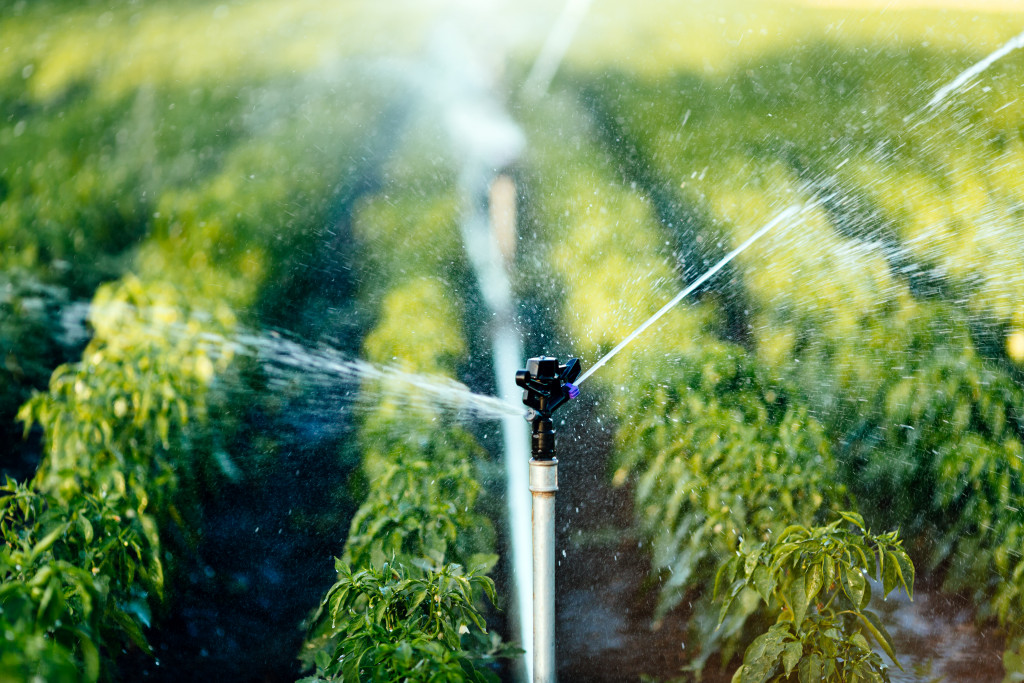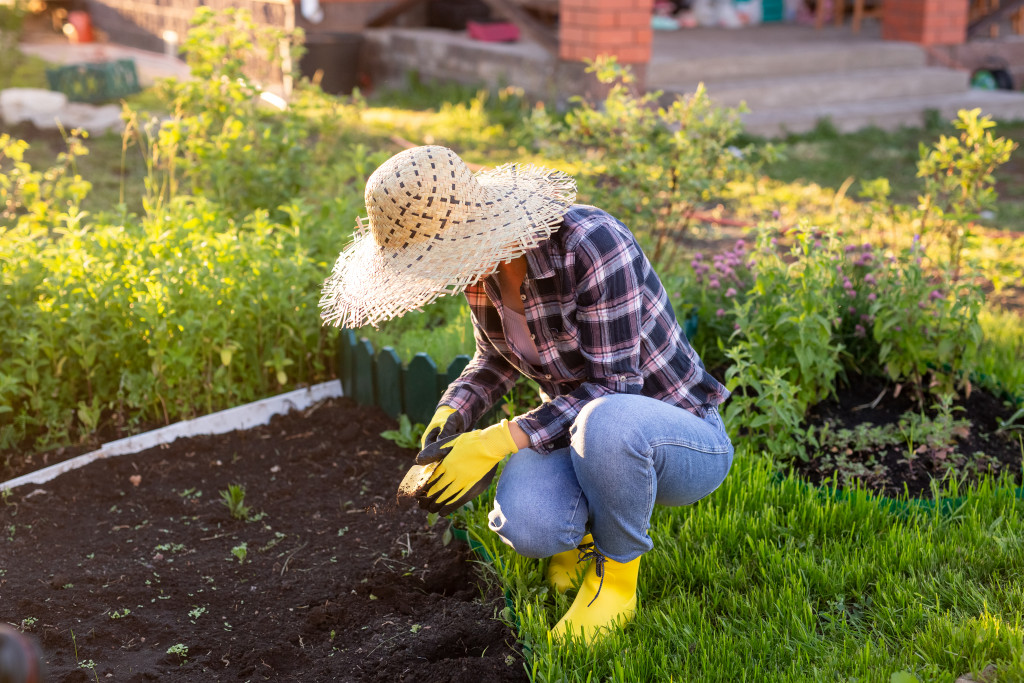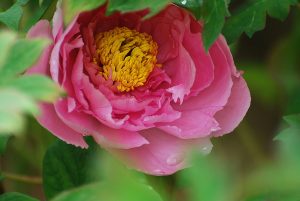As the temperatures continue to rise, it becomes increasingly important to take steps to protect your garden from the heat. If you don’t, you could lose all of your hard work and end up with a scorched yard. Here are ten tips for protecting your garden from the summer heat.
1. Water Your Plants in the Morning
The cooler temperatures of the morning will help your plants to absorb water more efficiently. Watering in the evening can also be effective, but it’s important to avoid watering during the heat of the day as this can cause leaf scorch. You should also make sure that you’re watering deeply and evenly, as this will encourage your plants to develop deep roots that can better withstand periods of drought.
2. Use Mulch to Regulate Soil Temperature
Mulching your garden beds with organic materials like straw or leaves can help to regulate soil temperature and moisture levels. This is especially important in raised beds, where the soil can dry out more quickly. Mulch will also help suppress weeds, which can compete with your plants for water during periods of drought. Not sure how much mulch you need? A general rule of thumb is to apply a layer that’s 2-3 inches deep.
3. Plant Heat-Tolerant Varieties
When selecting plants for your garden, it’s important to choose varieties that are known to be heat-tolerant. This will give them a better chance of surviving and thriving during periods of extreme heat. Some examples of heat-tolerant plants include impatiens, petunias, and marigolds. You can also find heat-tolerant varieties of vegetables, such as tomatoes, peppers, and watermelons.
4. Provide Shade and Shelter
If you live in an area prone to high temperatures, it’s important to provide shade and shelter for your plants. This can be done by planting trees or shrubs around the perimeter of your garden or by incorporating waterproof shade sail into your design. This will protect your plants from the harsh rays of the sun and help to keep them cool.

5. Use Drip Irrigation
Drip irrigation is an efficient way to water your plants, as it delivers water directly to the roots rather than watering the entire plant. This helps to reduce evaporation, so your plants will be able to make the most of the water you’re providing. Drip irrigation systems can be purchased at most garden centers, or you can build your own using a soaker hose.
6. Avoid Fertilizing During Heat Waves
Fertilizing your plants during periods of high heat can cause them to burn, so it’s best to avoid this altogether. If you must fertilize, do so in the cooler hours of the day, and be sure to water the plants thoroughly afterward. It’s also important to choose a fertilizer designed for use during hot weather.
7. Monitor for Pests and Diseases
During periods of high heat, plants can become stressed, making them more susceptible to pests and diseases. Keep an eye out for signs of infestation or infection, and treat accordingly. If you’re not sure how to identify a particular pest or disease, consult with your local nursery or cooperative extension office.
8. Don’t Leave Your Plants Unattended
If you’re going on vacation during the summer months, make sure to ask a friend or neighbor to water your plants while you’re away. If this isn’t possible, consider installing a drip irrigation system that can be left on autopilot. This will ensure that your plants get the water they need, even when you’re not around.
9. Harvest Early in the Day
Harvesting your fruits and vegetables early in the day will help to preserve their flavor and freshness. The day’s heat can cause products to spoil quickly, so it’s best to avoid leaving them out in the sun for too long. If you can’t harvest everything right away, consider storing some of your products in the fridge or freezer.
10. Take Care of Yourself, Too!
It’s essential to stay hydrated and cool when working in the garden during periods of high heat. Wear loose, comfortable clothing and a wide-brimmed hat to protect your skin from the sun. And be sure to take breaks often, preferably in the shade. Drink plenty of water, and avoid working in the garden during the hottest hours of the day.
By following these tips, you can help to protect your garden from the summer heat. By taking steps to reduce stress on your plants, you’ll be more likely to enjoy a bountiful harvest come autumn. So get out there and enjoy your garden, even during the hot days of summer!





